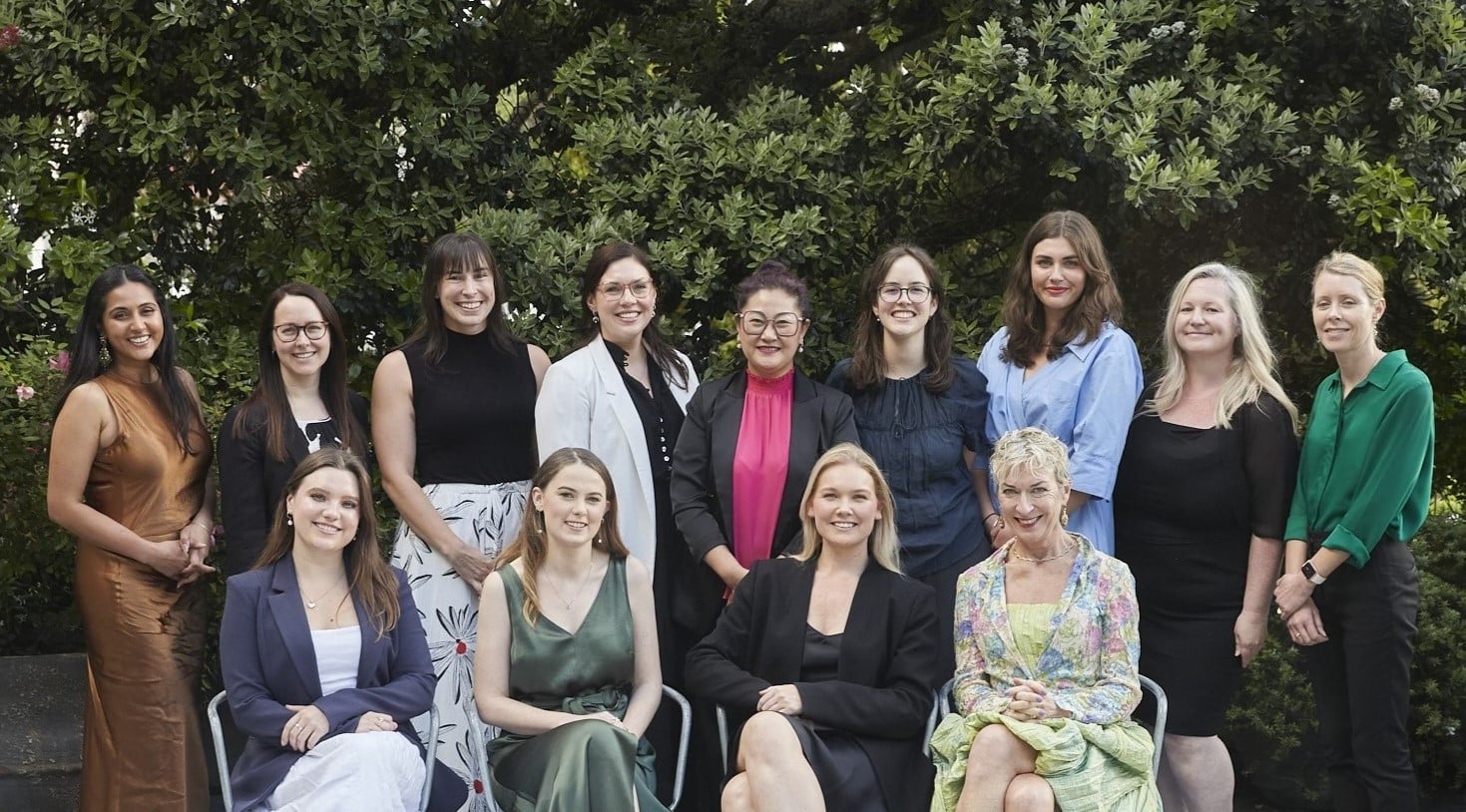President: Rachael Reed KC | Vice-President: Maria Taylor
AWLA’s theme for the year was making a difference – the three key focuses AWLA intended to address were gender discrimination in the profession, position of women in the legal system including access to justice, and using skills to support the community at large.
In March, Miriam Dean KC (President of NZBA), Hon. Judge Anna Fitzgibbon (President of ADLS) and Adriana Pinnock (President of CBANZ) spoke at the President’s function.
AWLA commissioned a report to investigate the reasons why women were leaving the legal profession.
The Dame Silvia Cartwright speaker was Professor Dame Hazel Genn DBE, KC (Hon), FBA.
AWLA submitted on changes to trial processes for child witnesses in Aotearoa New Zealand’s criminal justice system. The submission emphasised reducing trauma for child witnesses while ensuring the fairness and effectiveness of the legal process. The submissions highlighted the following key points:
- Concerns with the current system:
- AWLA supported reforms aimed at reducing trauma for child witnesses and minimising delays.
- AWLA emphasised the need for fair trials and advocated for cross-examination methods that do not retraumatise children.
- Alternative ways of giving evidence:
- AWLA supported alternative methods, such as CCTV and video evidence, to reduce stress for child witnesses.
- AWLA backed three specific proposals:
- A presumption in favour of alternative methods for evidence presentation.
- Mandatory applications for alternative evidence modes for all child witnesses.
- Removal of the defendant from the courtroom during a child’s testimony, though AWLA preferred CCTV for the complainant rather than remote viewing by the defendant.
- Presumption vs. mandatory pre-recording:
- AWLA noted that a presumption for alternative methods may allow discretion that could lead to inconsistency, and suggested that the final decision should rest with the judge.
- AWLA proposed that mandatory applications for alternative methods be limited to children under 12, with a presumption for older children when triggered by the prosecution.
- AWLA supported the idea of pre-recording children’s evidence to ensure freshness and reduce stress, despite acknowledging the costs involved.
- Encouraging pre-recording:
- AWLA supported increasing awareness and standard practices for pre-recording evidence.
- AWLA favoured a legislative presumption for pre-recording, but only where the prosecutor requests it.
- Mandatory pre-recording:
- AWLA was of the view that there was merit in making pre-recording mandatory but suggested a presumption in favour might be more beneficial, with judges having discretion to override it if necessary.
- Questioning of witnesses:
- AWLA supported improving questioning techniques through training for judges and legal professionals, judicial examination, and the use of intermediaries.
- Legislated timeframes:
- AWLA advocated for prioritising cases involving child witnesses to reduce recall deterioration and trauma, proposing a legislated time frame for such cases.

